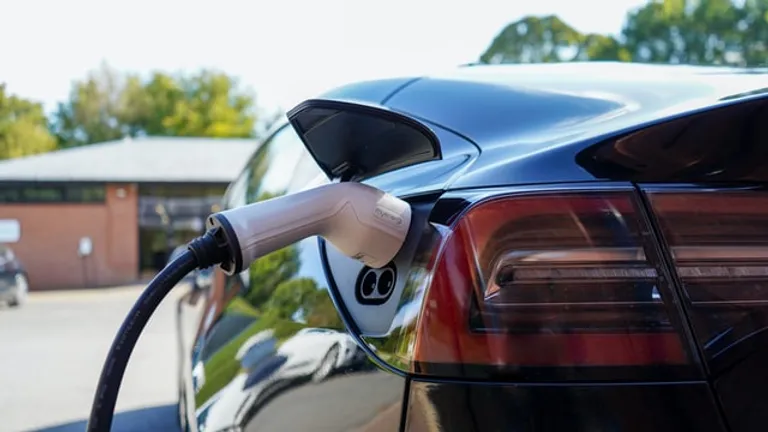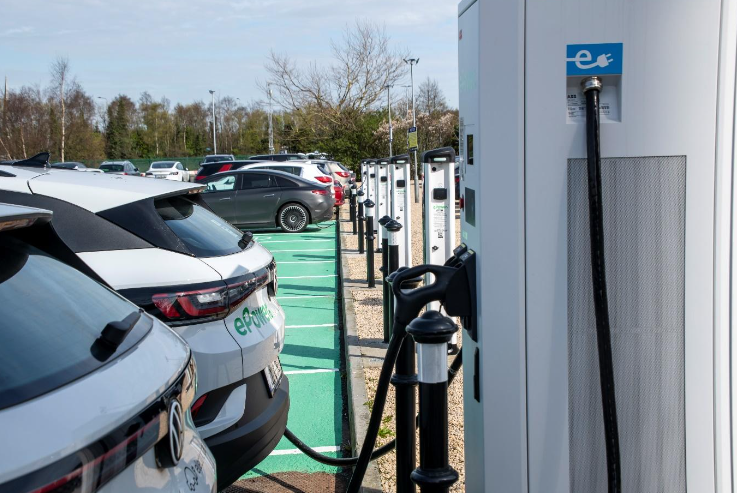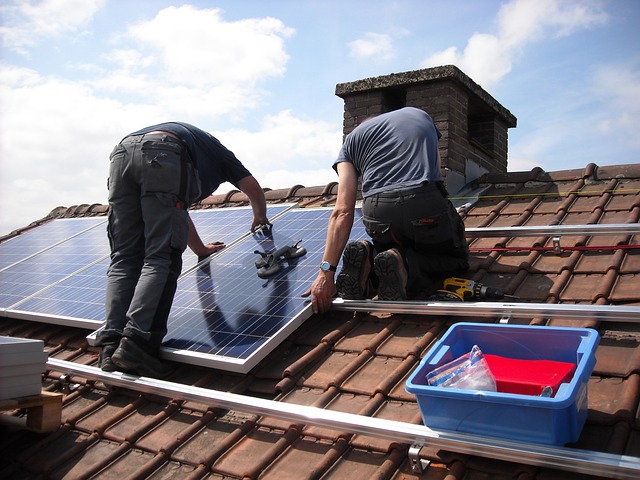Wouldn’t it be great if you could have solar panels on your EV’s roof strong enough to charge it? Sadly, such technology is currently only available in our imagination, but if you take a look at the innovations and advancements in all fields, and the rising popularity of electric vehicles, this imagination suddenly becomes quite plausible.
Still, at this point, we are only capable of installing solar-powered home chargers that make the best out of the energy available to us. Just because an autonomous solar car battery charger is a thing of the future doesn’t mean we cannot utilize what we already have to charge our vehicles. But just how effective is it? And does it pay off? Let’s find out.
The Benefits of Solar Car Battery Chargers

A solar car battery charger would use 100% green energy. This would reduce the cost of charging your electric vehicle at home and you would do a huge service to the environment. Furthermore, you would be completely autonomous when it comes to charging your electric vehicle.
So how would you achieve such a feature? Well, you would need enough solar panels that can collect the needed energy to charge your vehicle, a battery to store that energy so you can charge at night or after work, and a home charger. Hence, we come to the biggest disadvantage to solar car battery charging – the price. While the main prohibitive factor in this system is the cost of the battery storage, this will naturally come down in price over time. The good news is that you can add the other two elements to your home (solar panels and car charger) in preparation and still reap the benefits from both in the meantime!
Successful Solar Car Battery Chargers
Let’s say you want to achieve 100% green energy EV charging. How would you achieve it? Well, your first stop would be determining how much energy you need. We will try to average the situation.
The most popular electric vehicle in Ireland in 2020 was the Nissan Leaf. A test by GreeNCAP says the Leaf needs 17.2kWh for every 100km on average. Let’s say you are driving around 14 000 kilometres a year, within the Irish average. Using simple math, you will need 2408kWh to power your EV for the whole year. Let’s round it to 2500.
Now, if you take a look at solar energy production data by SEAI, you will see one square meter of silicon solar panels produces 150 Watts of energy on a clear sunny day. And a common home system sized at 20 square meters can produce around 2600kWh per year. More than enough to power your electric vehicle.
Naturally, there are many more factors like the weather, especially in Ireland, the position of your solar panels, your actual energy consumption, etc. But this simple calculation shows that solar car battery chargers can be successful and even pay off in the long run.
You First Need a Home Charger
For the whole solar car battery charging story to make sense, you first need a home EV charger. And one such that can recognise the difference between 100% green energy and the power from the grid.
Luckily, we have such products. If you are interested in having solar car battery chargers or you simply want to charge your EV at home, give us a call on 01-9029800 or contact us here.




